
Image by Hermann on Pixabay
I read a fair amount these days. I do it strictly for pleasure which frees me to take my time and explore a wide range of topics. While not everything I read is about investing, I find many to have relatable themes. Below is a catalog of books and papers that I consumed over the past year. For a running list of my top recommendations visit the Favorite Reads page and see prior years’ lists here.
Books
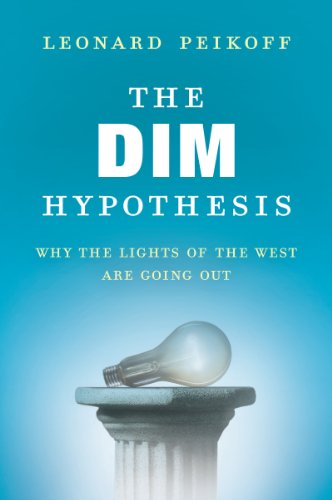
The DIM Hypothesis:
Why the Lights of the West Are Going Out
by Leonard Peikoff
In DIM, Leonard Peikoff recites the history of human civilization through the lens of philosophy. He shows how our three specific attitudes towards thinking—disintegration (D), misintegration (M), and integration (I)—shaped Western culture and events throughout the epochs. Peikoff then applies this framework to America to predict what the current trajectory might hold for our future. DIM is a fascinating and potentially powerful thesis with extremely important investment implications. I really enjoyed it; but reader beware, it is more philosophy than history.
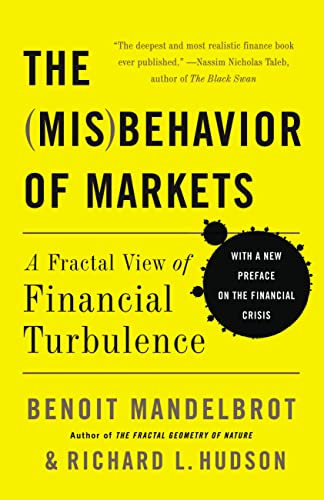
The Misbehavior of Markets:
A Fractal View of Financial Turbulence
by Benoit Mandelbrot
Mathematician Benoit Mandelbrot applies fractal geometry to the world of financial markets in The Misbehavior of Markets. By replacing the bell curve with fractals, Mandelbrot discards much of modern financial theory and uncovers new insights into how and why markets move. It’s a fascinating read for anyone trading and opens the door for further thought.
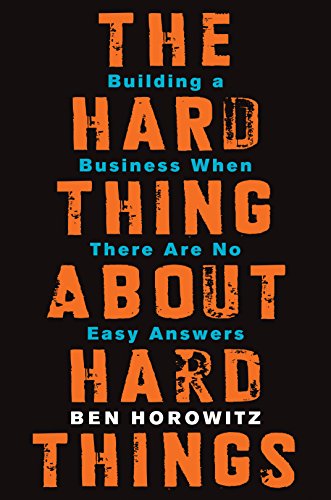
The Hard Thing About Hard Things:
Building a Business When There Are No Easy Answers
by Ben Horowitz
In The Hard Thing About Hard Things Venture Capitalist Ben Horowitz reminisces about his career. He gives us an inside look into the early development of today’s technology sector and shares many lessons he learned building companies along the way. To be honest, the book didn’t hold my attention well as Silicon Valley and business-building are lesser personal interests.
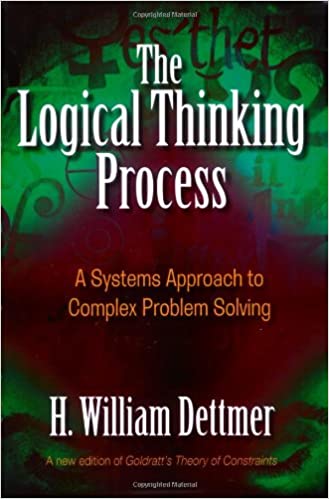
The Logical Thinking Process:
A Systems Approach to Complex Problem Solving
by H. William Dettmer
William Dettmer illustrates how to apply Eliyahu Goldratt’s logical thinking process in the aptly named The Logical Thinking Process. The logical thinking process is an analytical approach for solving complex problems using a systems level perspective (described in The Goal by Goldratt). While I found the content a bit dry, the applications are powerful. I’d give it a more thorough read if/when I was ready to implement the approach.
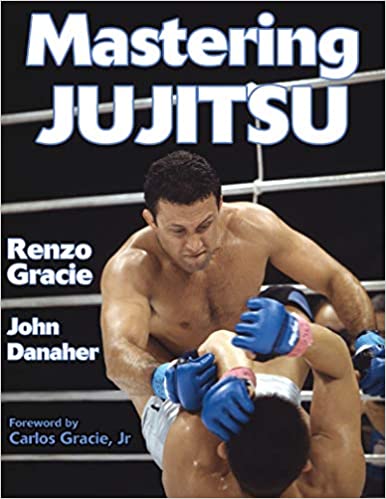
Mastering Jujitsu
by Renzo Gracie and John Danaher
I took a break from my normal course of reading to dive into the fascinating history of Brazilian jiu jitsu (BJJ). As a new practitioner, I was curious about its roots, and how and why it became so popular so quickly. Renzo Gracie and John Danaher are among the sport’s biggest names today. They do a masterful job tracing BJJ’s development from the battlefields of feudal Japan to the streets of Brazil. While Mastering Jujitsu mostly discusses techniques, I read it for the early chapters on BJJ’s history.
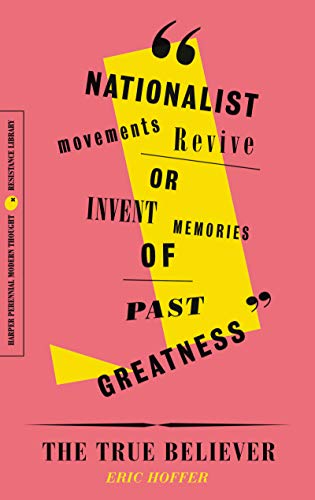
The True Believer:
Thoughts on the Nature of Mass Movements
by Eric Hoffer
Eric Hoffer analyzes mass movements in True Believer. He dissects the various psychological and philosophical motivations that attract their followers. Hoffer’s insights are a great companion to Leonard Peikoff’s DIM (mentioned above). Both are unfortunately timely reads today. Hoffer’s True Believer is the more accessible read.

Price Is Primary:
How to profit with any asset in any market at any time
by Jonathan Hoenig
Jonathan Hoenig presents his investment framework in Price Is Primary. He stresses the importance of price and trend to investing for the philosophical reason: they are “what is.” Hoenig illustrates how he uses both to build investment positions and, more importantly, manage risk. To be sure, Price Is Primary is more intellectual deep than it appears. It made me rethink some of my own investment approaches and biases.
Papers
History
The Origins of Mutual Funds, by K. Geert Rouwenhorst, 2004.
Equity Investing
The (Mis)Uses of the S&P 500, by Adriana Robertson, 2018.
Economics
Economics in Nouns and Verbs, by W. Brian Arthur, 2021.
Behavioral Finance Warning: Humans Love Complexity, by Wesley Gray, PhD, 2021.
Quantitative Investing
The Implied Order Book, by squeezemetrics.com, 2020.
Taming the Momentum Investing Roller Coaster: Fact or Fiction?, by Jack Vogel, 2016.
Value and Momentum Investing: Combine or Separate?, by Jack Vogel, 2021.
Other
Bet With the Best: Strategies from America’s Leading Handicappers, Chapter 3, by Steven Crist, 2001.
If you enjoyed this article please consider sharing it with others.
